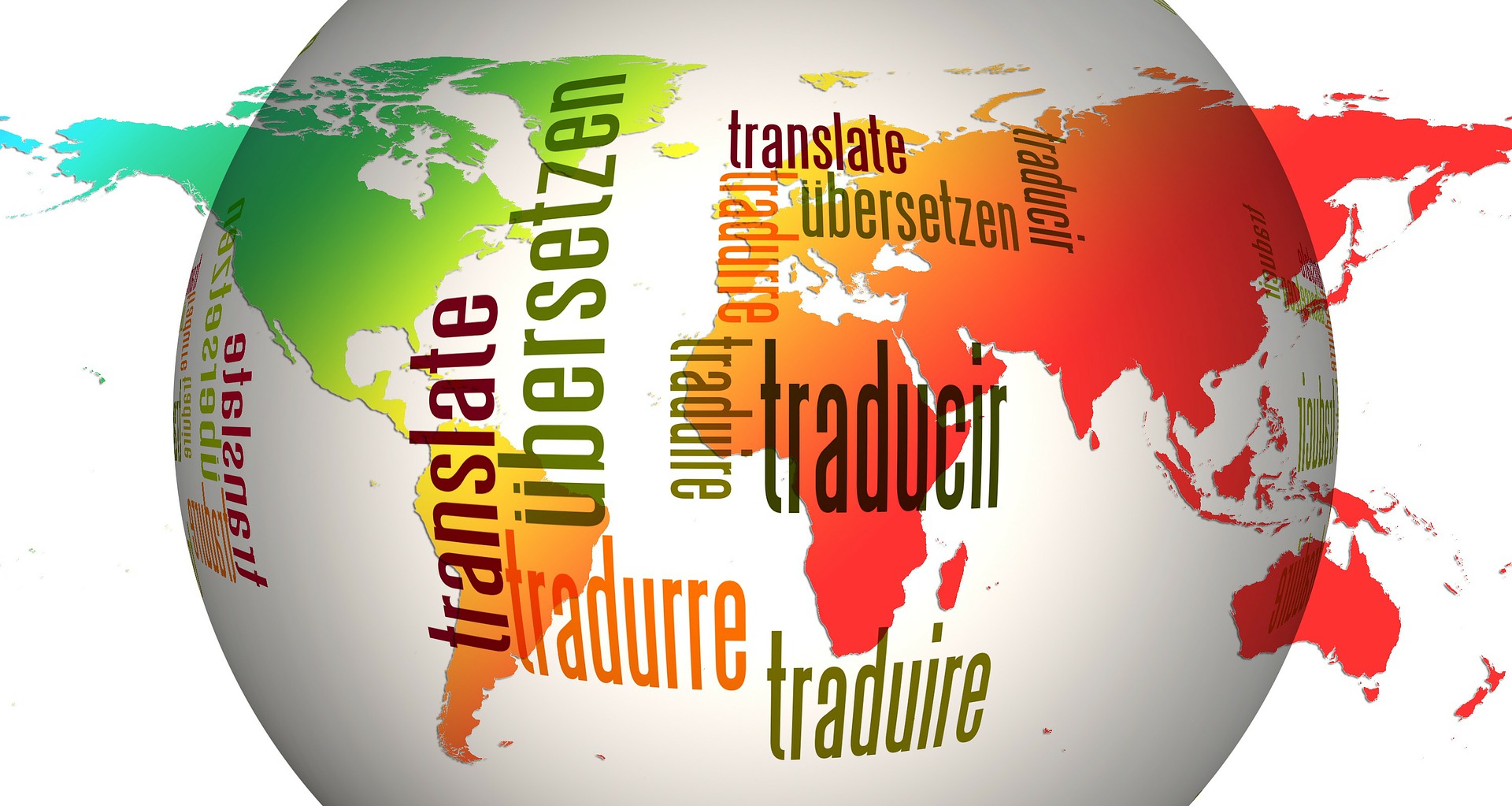Why does the United Nations dislike following the principle of transparency when purchasing services?
I have for quite a long time been looking at tendering procedures for translation services organised by various international organisations. The United Nations is one of the world’s largest public sector purchasers of language services outside the EU institutions.
The UN annually conducts from several to over a dozen large tendering procedures for translation and interpretation services in a number of different language combinations. Quite often, such contracts involve exotic local languages and are directed mainly to contractors providing services at the operating location of an agency. However, some of the proceedings include services that can be provided remotely anywhere in the world, so they are of interest to many European, American and Asian LSPs. This is particularly the case for translation contracts covering English, French, Russian, Spanish, Chinese and Arabic.
As IURIDICO Legal & Financial Translations sp. z o. o. we have participated in several such proceedings. Other Polish companies participated as well. We had the opportunity to exchange experiences with them. The impressions are very similar and unfortunately strongly negative.
Unfortunately, in tenders organised by the UN agencies you will not find clear and transparent rules of awarding the contract and communication with participants. Especially there is a huge difference between what is ‚on paper’ and how everyday practice looks like. There is no feedback on the bid evaluation, the result obtained and the final classification. Information from the opening of tenders is not presented and, above all, there is no official information about the outcome of the procedure, the selected contractor and their prices. If the participant does not take any steps to obtain information, it is typical that the tendering authority merely confirms the receipt of the offer (and it’s not always the case). This ends any communication. There is no basic feedback in the form of ‚thanks for participation’ in the tender and no communication that a competing bidder has been selected. It would also be desirable to present the results of the scoring of the offer and the final ranking (including prices).
I have the impression that, without any sufficient legal or business basis or any reflection in the terms of the call for tenders, Western LSPs are preferred.
The UN is one of those international organisations that should lead by example, have the best practice in their purchasing procedures and organise tendering proceedings that should be the reference point for organisers of such procedures in those parts of the world where transparency, fair competition and sound market rules are not so obvious.
On the basis of my own experience, I regret to say that the tendering standards and transparency of purchasing decisions in the UN require far-reaching improvement and reform. If we want to promote democratic standards in the world, including transparency in public life, we should start by sorting out those areas that are most vulnerable to manipulation and abuses. Obviously, it is first and foremost about the general principles and everyday practice of spending public funds and the (distasteful) interface between business and politics.
In my opinion, the operations of the UN agencies in this area are far from the standards to which we have become accustomed following business pratice in the national and the EU market.





